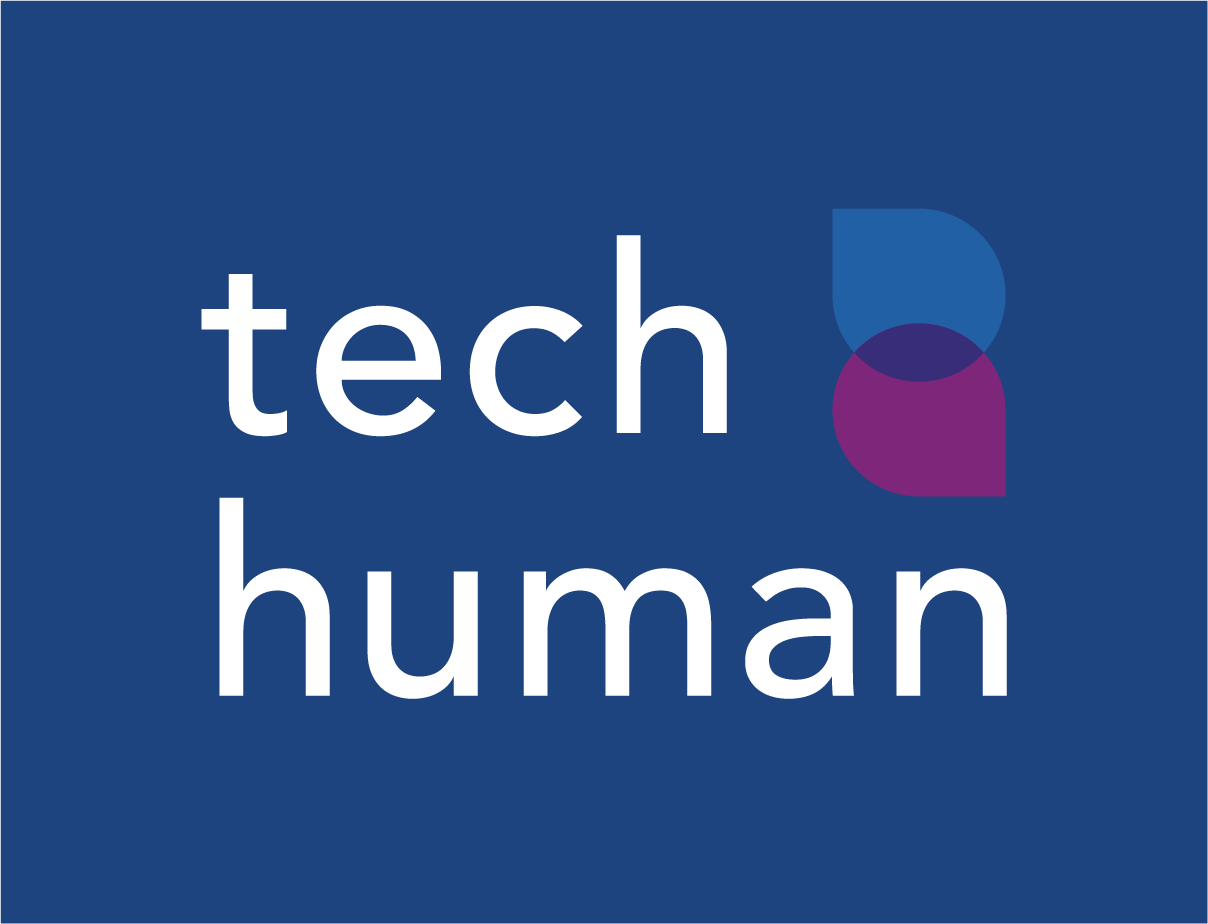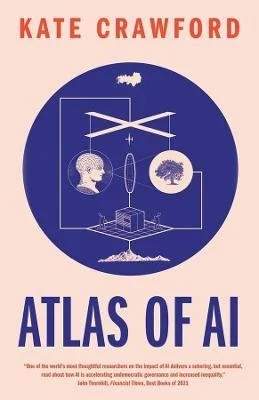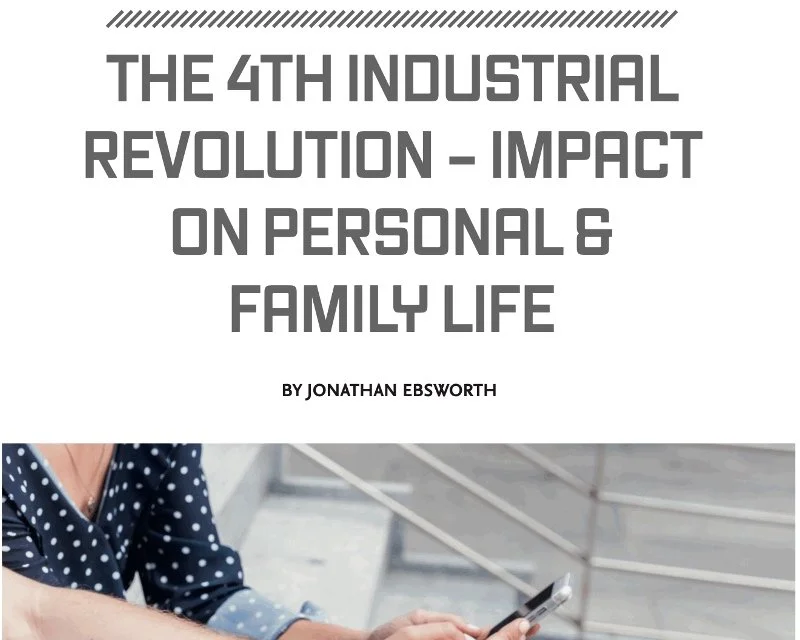ChatGPT has been creating quite the buzz ever since its launch in November 2022. Until recently, the massive developments in the world of AI were hidden under the cover of academic institutions or digital frontends of AI powered apps. With the advent of generative AI powered tools like mid journey for image generation or ChatGPT for text generation, the developments in this field have been exposed to the public. The newfound ability of the public to interact with these models using text prompts has dazzled them into an unprecedented realization just how far the field has progressed.
Read MoreAI is neither artificial nor intelligent, rather, artificial intelligence is both embodied and material, made from natural resources, fuel, human labour, infrastructures, logistics, histories, and classifications. AI systems are not autonomous, rational, or able to discern anything without extensive, computationally intensive training with large datasets or predefined rules and rewards. In fact, artificial intelligence as we know it depends entirely on a much wider set of political and social structures. And due to the capital required to build AI at scale and the ways of seeing that it optimizes AI systems are ultimately designed to serve existing dominant interests. In this sense, artificial intelligence is a registry of power’
Read MoreWe are a generation living in the midst of AI development, and many of us have likely dreamed of how AI could make our lives easier by carrying out certain tasks and freeing up time for more meaningful pursuits. Sometimes we're surprised by just how far AI has already advanced, such as ChatGPT's ability to write a 900 words article in just 20 seconds. It can make us wonder why we bother writing ourselves and worry about potential typos and grammatical errors.
Read MoreIn this article, I explore the impact of Fourth Industrial Revolution technology on our relationships – with one another, those we love and with God
Read MoreThe Robot Will See You Now offers arresting insights into the role of AI in areas such as health care, employment, security, the arts and intimate relationships, and delves deep into cultural and theological issues. With experts considering how AI is perceived - and its impact on how we interact with one another - this enthralling book will benefit Christians who want to understand and prepare for the opportunities and challenges ahead.
Read MoreAs the Fourth Industrial Revolution ushers into a new era of artificial intelligence (AI) and virtual reality, how should we respond to the societal and ethical dilemmas associated with this new age of transformative scientific power? This research highlights the need for an ethical and globally shared view on how technology affects the economic, social, cultural and spiritual aspects of daily life. An international team have compiled this book, outlining consequences of the Fourth Industrial Revolution across a broad range of issues covering business and work life, for leadership, for media and communication, for churches and for personal and family life.
Read MoreAndy Crouch’s “The Tech-Wise Family” was a major inspiration for the family’s section of the TechHuman initiative. We were most interested to see what Amy Crouch (Andy’s daughter) was going to say about her experiences growing up in a ‘Tech-Wise Family’.
Andy began the book by inviting us to “take hold of the life that is truly life”. To do that: to celebrate, to feast, to love then this is invariably best done in community, in relationship with other living human beings. It is only there that we can fully celebrate our triumphs, completely share in our sorrows, and find true encouragement from one another. It is in community and in family that we can be loved, accepted, and known. Digital technology offers a semblance of ‘comfort’ and ‘connection’ on a very grand scale; yet the reality it turns out to be a pale shadow of the real thing.
Read MoreThe failure of the public examinations grade awards across the UK in 2020 offers a compelling case-study in the risks of large-scale public application of algorithms to decision-making (or recommendation). I believe this demonstrates clearly the need for robust, independent review and certification of algorithms prior to live use – with focus on the impact of recommendations/decisions on individuals who are the subjects of these tools.
Read MoreCatherine Steiner-Adair is trying to help families turn technology into an ally for closeness, creativity and community. This takes some clear thinking and commitment. “But it [our society] is halfway towards forgetting that children need childhood. Those who insist on remembering shall perform a noble service.” *
The Author recommends that parents ask themselves, “What values do I want my children to end up with as adults, and am I living the lifestyle and teaching the lessons that embody these values?”
In general, I try to avoid posting links to resources hosted on Google or Facebook platforms. However, I came across an exceptional, comprehensive, crowdsourced document gathering a huge range of resources for churches trying to ‘stay connected’. It is being crowd-sourced in a Google Document and is more useful to you as a live link to that document - which is still being updated
Read MoreMany churches in Australasia, Europe and the US are being forced to move their services online. This is just one aspect of ‘digital church’. We want to gather some useful resources and insights, and we intend to publish some reflections on the lessons we learn. We thought this article from Christianity Today published last week, provides helpful starting point.
Read MoreOn February 17 2020, BBC Panorama Program explored the rise of Amazon and their strategy for growth, driven in part by ‘obsessive data gathering’. This is a powerful example of Surveillance Capitalism, and Shoshana Zuboff, Roger McNamee and Meredith Whittaker all appear on this informative and disturbing documentary.
Read MoreAdam Alter is a psychologist and writer, currently based at New York University’s Stern School of Business. His academic research focuses on social psychology, judgment and decision-making, with an interest in the effects that subtle cues in the environment can have on human cognition and behaviour.
‘Irresistible’ is broken into three sections:
1. what is ‘behavioural addiction’?
2. ingredients of behavioural addiction; and
3. some possible solutions.
We are citizens in God’s kingdom and members of God’s household, and we are members of earthly families and households, part of neighborhoods, communities, and nations. The way of faithfulness for us is not fundamentally different than it is for any person: seeking to love God and our neighbor with our whole heart, soul, mind, and strength, by repenting and believing the good news.
Read MoreI looked forward to the release of this book in late 2019. It promised to address similar ground to Shoshana Zuboff’s, “The Age of Surveillance Capitalism”; but being written by a journalist, I hoped it might be more accessible and, as billed in the launch documentation, offer solutions to the evil implied by the title. At the risk of playing my cards too early – the book is more accessible than Zuboff’s, but it offers little in terms of specific solutions to the problems she describes.
Read MoreIt is hard to escape technology these days. Within our businesses, we need to have an online presence, offering a great ‘user experience’. We need to offer our services or products online. There is constant pressure to innovate; to do things differently, and for the most part this involves some use of new technologies.
Read MoreThis is a rare book: a theology of digital technology written by someone who is both a serious technology practitioner and a professional theologian. Published by IVP Academic, this is quite a serious book. It will be of interest to Technology Professionals interested in Theology and Philosophy; or to Theologians who want to explore the place of Technology in creation, our culture and our daily lives.
Read MoreComing soon
Read MoreChildren and young people in the UK are growing up in a world which is radically different than any previous generation. They have easy access to ‘always-on’ nearly pervasive technology that they can carry around with them. They use technology at school, at home and in their social lives. We see toddlers confidently operating tablets and smartphones.
Read More




















